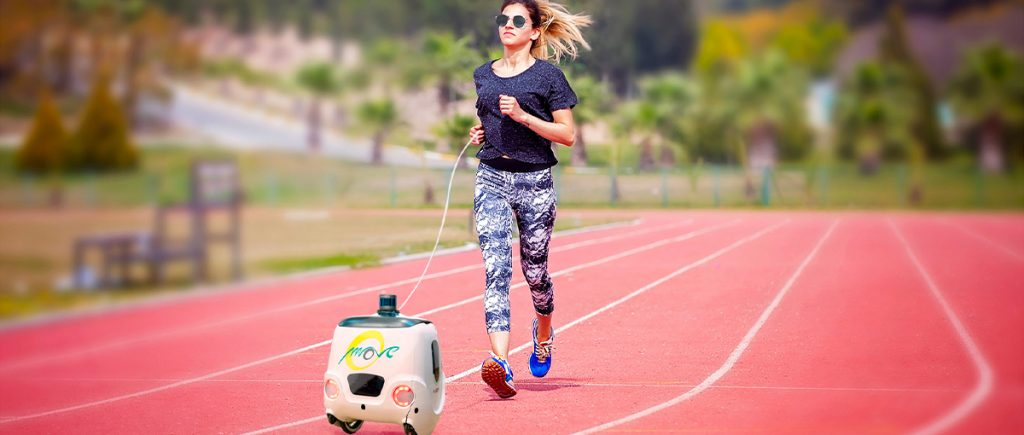inclusion
BUDD-e: a project to support citizens with visual impairments
The Budd-e research project is a programme committed to improving the quality of life of visually impaired citizens to help to build a more equal and inclusive society by taking advantage of technological innovations.
The SARS-COV2 pandemic has significantly impacted everyone’s life, changing our habits and how we interact with others and our immediate environment. Among those most affected are people with visual impairments, who are considered to be at greater risk of contagion due to their need for tactile contact with people and spaces to be able to move and orientate themselves more easily.
Therefore, without touch, these people have seen their autonomy and quality of life become increasingly limited.
Isolation was even more severe for those with severe degrees of visual impairment. There are around 2 million such people in Italy, while at the global level they represent around 4% of the population. It is a significant “slice” of society for which technology could play a significant role in improving quality of life.
How can technological innovation be exploited to ensure independent and safe access to various spaces such as shopping centres, museums, hospitals or even athletics tracks?
Improving the quality of life of citizens with visual impairments through the opportunity to enjoy these and other spaces independently and safely is the ambitious objective of the multidisciplinary “BUDD-e” (Blind-assistive Autonomous Drive Device) research project, which was among the winners of the Polisocial Award (2021 Edition) – the Politecnico di Milano’s social responsibility programme financed with “5×1000” funds.
BUDD-e is an innovative person-robot system that incorporates a self-driving robot and was conceived based on the specific needs of blind or partially sighted people and the design of spaces made accessible thanks to the functionalities of the robot. BUDD-e will contribute to building a more equal and inclusive civil society.
BUDD-e will be capable of guiding and supporting blind or partially sighted people during their day-to-day activities – including the possibility of transporting goods – while maintaining the required speed and/or trajectory, by transmitting relevant information on the available routes via audible signals, thus avoiding collisions.
The research project – which will last 15 months and is coordinated by Prof. Marcello Farina from the Department of Electronics, Information and Bioengineering and Prof. Emanuele Lettieri from the Department of Management, Economics, and Industrial Engineering – is characterised by the integration of several distinct areas of expertise within the Politecnico di Milano, ranging from engineering to management economics, from architecture to service design.
The research group may rely on the involvement of partners such as the UICI (Italian Union of the Blind and Partially Sighted), the ASST Niguarda Hospital regional healthcare agency, the non-profit organisations ICM (Milan Institute for the Blind Foundation), DISABILINCORSA, Tactile Vision and GSD Non Vedenti Milano (NVM) amateur sports group, as well as ASP Golgi Redaelli, YAPE S.r.l. and POLIMISPORT.
Lastly, the project will be conducted under the clinical and medical supervision of Dr Luigi Piccinini from the Scientific Institute for Research, Hospitalization and Health Care (IRCCS) Medea.
The team of researchers from the Department of Management, Economics, and Industrial Engineering, headed by Prof. Emanuele Lettieri and Mr. Andrea Di Francesco will be committed to assessing the social impact generated by the BUDD-e project through the development of a specific methodology that allows the relevant details to be understood.
For further information you might refer to the website of the project BUDDE-e and to the website of the Interdepartmental Laboratory “Engineering for Sport” (E4Sport).






